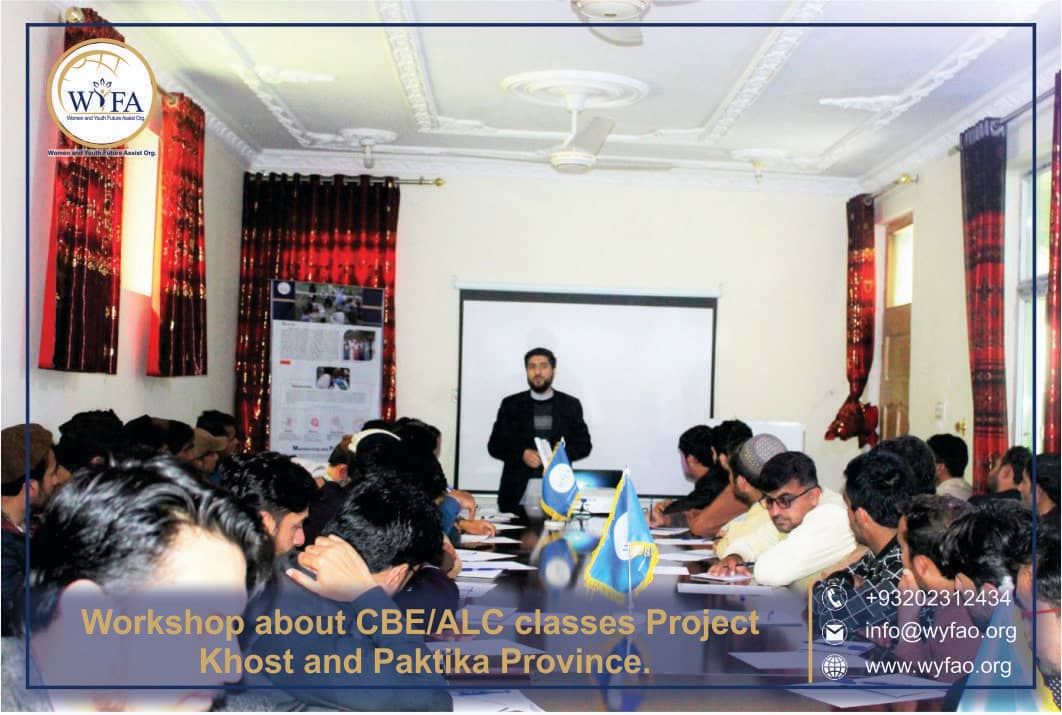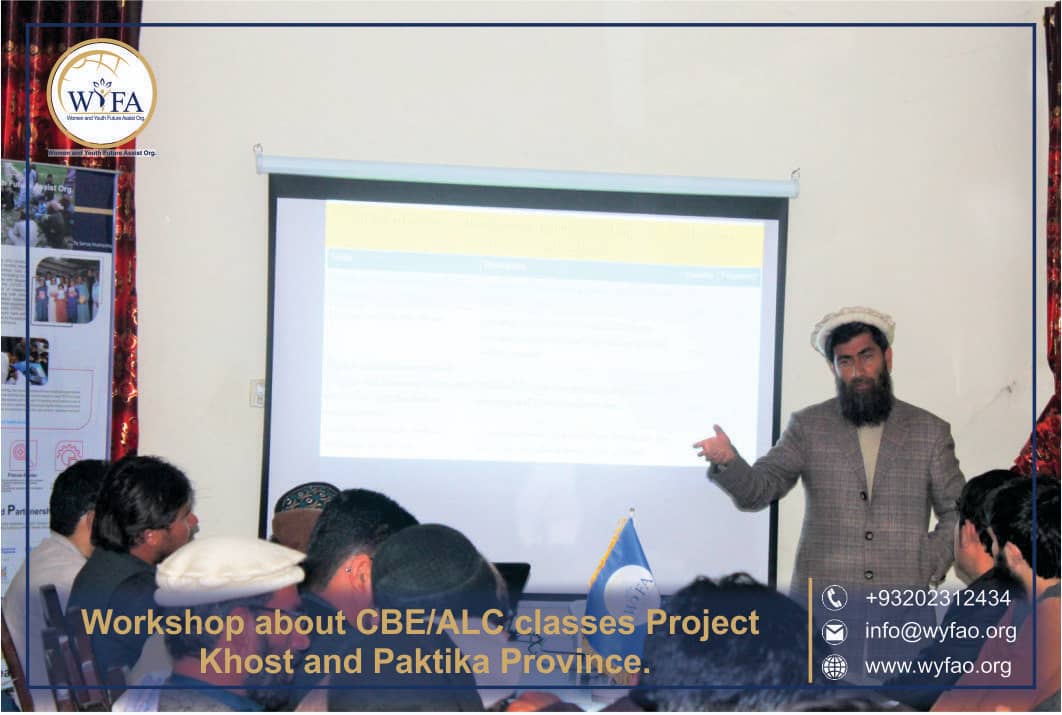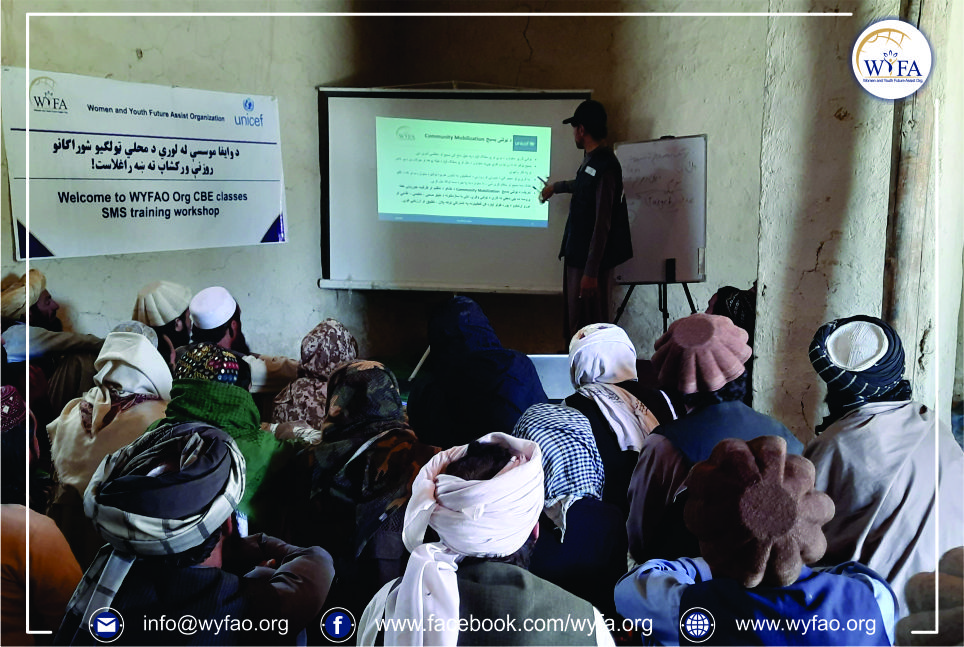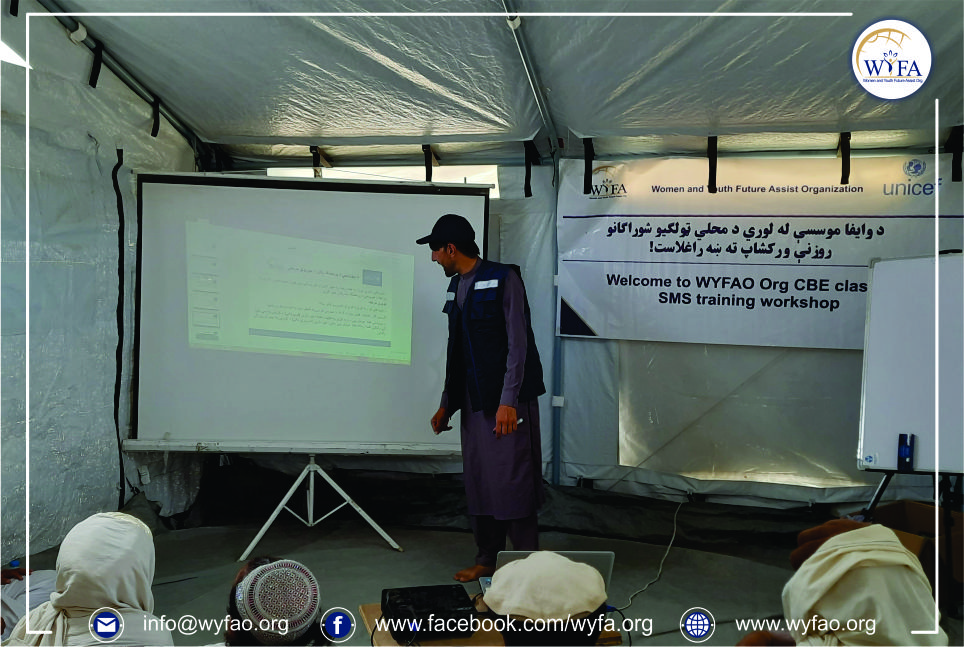Education & Development
In order to follow the path of sustainable development, Afghanistan needs to improve the capacity of human resources of government institutions and the private sector to a great extent. Therefore, capacity building should be done at all individual, organizational and social levels so that a country can achieve sustainable development with strategic thinking, continuous education, creativity and effective knowledge management.
The important point is that in order to improve the capacity of individual, organizational and social structures, it is necessary to plan and implement detailed and long-term planning. The civil wars of the previous decades caused the collapse of the administrative system like other social fields, which caused the stagnation of human capacity in the country.
The government of Afghanistan, in cooperation with international institutions and ally countries, has made many efforts more than a decade and a half ago in order to create and strengthen effective government institutions and good governance. The results of these efforts show a positive development in government institutions, but this development is not as expected due to the investments made, and there is still a lack of human capacity and skills in the administration of Afghanistan.
One of the reasons for the ineffectiveness of capacity building programs in government departments is the lack of strategic plans in the field of capacity building of government employees, in a number of departments. In other words, a number of departments have not prioritized their existing human resources and have not focused on strategic goals.

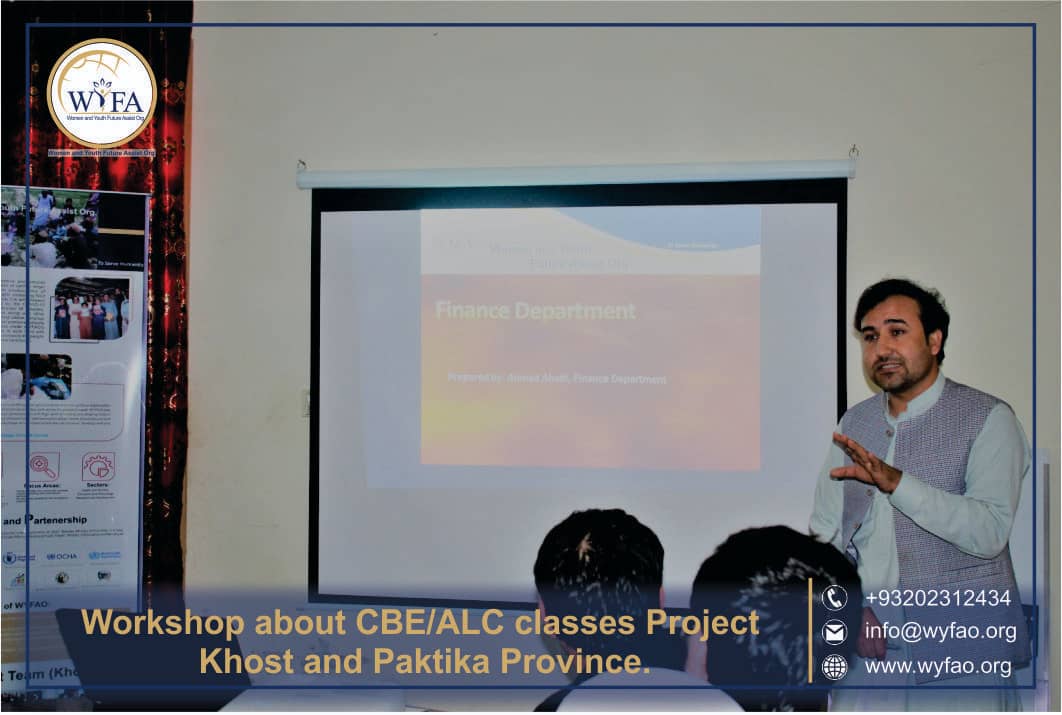
.jpeg)
